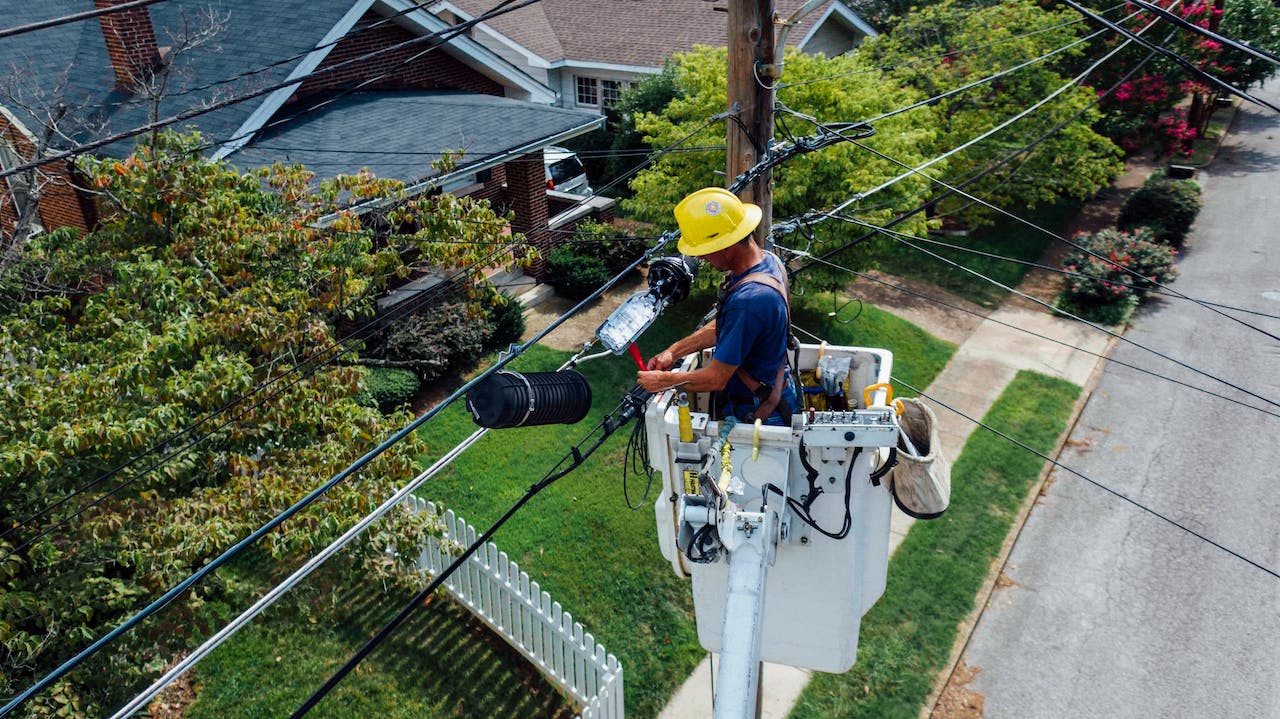Types of Businesses That Don’t Fail or Rarely Fail
Starting a new business can be an exciting yet daunting endeavor. The statistics show that about 20% of new businesses fail within the first year and about 50% fail by year five. However, some types of businesses tend to have much lower failure rates than others. In this post, we’ll explore some of the most resilient, stable, and recession-proof business models that savvy entrepreneurs should consider if they want to maximize their chances of success.
Businesses Providing Essential Services
One of the best ways to future-proof a new business is to provide products or services that customers absolutely need on an ongoing basis. These essentials will be in demand even when economic conditions are unfavorable.
Healthcare and Medical Services
Healthcare is one of the most fail-proof sectors. Hospitals, doctor’s offices, dental clinics, and other medical facilities provide vital, often lifesaving services. People will cut back on many other expenses before healthcare. Another advantage is the recurring revenue from regular patient visits. Healthcare businesses do need to contend with complex insurance and regulatory requirements. However, overall this is one of the most resilient models.
Utility Companies
Utility companies providing electricity, gas, water, sewage, and waste management enjoy stable demand as they offer necessities. With little or no competition in their service areas, they can generate predictable revenue streams. Investment in infrastructure maintenance is crucial however to avoid service disruptions that could erode consumer trust.
Funeral Homes
While quite a somber business, well-run funeral homes can thrive for generations. Unfortunately, people will always need these services. Funeral homes that establish trusting relationships with customers can become pillars of their communities. Offering pre-planning and cremation services can further cement long-term security.
Food Markets and Convenience Stores
Food and beverages are among the most recession-proof products. Convenience stores and markets providing everyday necessities like milk, bread, eggs, and snacks tend to see steady traffic, even during downturns. Establishing relationships with reliable suppliers is key to profitability.
Plumbers, Electricians, and HVAC Services
Skilled tradespeople offering essential home and business repairs will always be in demand. Services like plumbing, electrical, heating/cooling, and roofing are not ones customers will neglect. Developing a reputation for quick response times and quality workmanship can earn referrals and loyal repeat customers.
Businesses with Recurring Revenue Models
Another way businesses can build stability is by structuring their offerings as subscriptions or retainer services that result in recurring revenue. This gives them predictable income even in turbulent times.
Childcare and Elder Care Services
Quality childcare centers and in-home elder care agencies provide vital ongoing services to local communities. Busy parents and families rely on their services daily or weekly. Providers that offer discounts for multi-child families or retainers can further ensure steady cash flow.
Gyms and Fitness Studios
Gyms and boutique fitness providers offer subscription-based services that auto-renew monthly. This recurring revenue remains fairly steady despite economic fluctuations. Retaining members requires providing on-trend classes and equipment in convenient locations. Strong communities also boost retention.
Business Support Services
From payroll processing to IT management, many businesses outsource key support functions on a contract basis. Providers of these business services enjoy steady cash flow from ongoing client relationships. But they must demonstrate value and reliability to maintain contracts.
Subscription Box Services
Meal kits, beauty boxes, pet supplies, or other monthly subscription services let customers sign up for convenience and savings. These business models benefit from automated billing and predictable revenues. Curating quality products to match subscriber interests is key to minimizing churn.
Businesses Serving Specialized Demographics or Markets
Some businesses cultivate niche markets or serve specialized demographics that help buffer them from mainstream economic turbulence. These under-the-radar models often fly below the competition’s radar too.
Pet Services
Pet care is big business, with spending estimated at over $100 billion per year in the US alone. Services like grooming, training, boarding, walking, and pet food/supplies satisfy devoted pet owners. These niche operators build a community around a shared passion.
Professional and Trade Associations
Organizations providing networking, training, and advocacy for specific professions or trades offer membership benefits that appeal even in tough times. For example, HR professionals, doctors, and skilled tradespeople see value in peer support and career development.
Thrift Stores
Thrift stores and consignment shops meet the continuous demand for discounted secondhand goods. During recessions, more consumers turn to these outlets seeking bargains. Donation-based inventory also insulates operators from supply chain woes.
Self Storage Facilities
The self-storage industry enjoys steady demand driven by life events like moving, downsizing, or renovating. Once established, facilities generate passive rental income from storage spaces. Convenient locations near residential areas are ideal.
Funeral Homes
While quite somber businesses, well-run funeral homes that establish trusting community relationships can thrive for generations. The need for their services remains constant. Offering pre-planning and cremation services provides further stability.
Businesses Protected by Regulations or Contracts
Some businesses operate in highly regulated environments or rely largely on government contracts. While this decreases flexibility, the protections often reduce risk substantially.
Liquor Stores and Smoke Shops
Outlets selling alcohol, tobacco, vaping products, and cannabis operate in tightly controlled markets with limited licensing. These specialty retail stores satisfy demand from a loyal consumer base, regardless of economic trends.
Defense and Government Contractors
Private companies serving federal, state, or municipal government needs through long-term contracted work enjoy steady income insulated from market swings. Common examples include construction/infrastructure, IT/software, defense technology, and research.
Insurance Companies and Agencies
Insurance providers face complex regulatory requirements but benefit from recurring policy renewals. Business lines like life, health, and property insurance tend to be more stable than say, travel or event insurance. Managing risk pools is crucial.
Law Firms
Established law practices build stability on long-term client relationships and specialty expertise that earns referrals. Focus areas like family law, criminal defense, and estate planning see steady demand. Younger lawyers gain experience before venturing out.
Franchises of Proven Brands
While no guarantee of success, launching a franchise of an established, successful brand can give a new entrepreneur a head start. The business model, training, and corporate support offer a degree of risk mitigation.
McDonald’s and Fast Food Chains
Major fast food brands like McDonald’s, Subway, and Taco Bell represent some of the most proven, recession-resistant franchising opportunities. Affordable food remains in demand. Real estate and build-out are major costs, however.
UPS and FedEx Centers
Logistics giants UPS and FedEx provide crucial services that support other businesses. Franchisees of their shipping centers and retail stores can earn stable revenues with the backing of trusted brands. Many costs are minimized with turnkey operations.
Jiffy Lube and Other Auto Services
From oil changes to muffler repair, automotive services satisfy continuous demand. National chains like Jiffy Lube or Midas offer new franchisees training, brand power, and operational support. Site selection and technician hiring are key.
Final Thoughts on Creating a Recession-Resistant Business
Launching any new business involves risk and uncertainty. However, the above models represent some of the more time-tested, stable opportunities out there for entrepreneurs who want to maximize their chances of success, even in adverse conditions.
The keys are providing must-have products/services, structuring offerings to create recurring revenue, cultivating niche markets, or leveraging protections/advantages conferred by regulations, government contracts, or franchising with established brands.
Of course, success ultimately depends on strong execution and adaptability. But starting with a sturdy foundation goes a long way in giving a new business the resilience to stand the test of time. With the right business model and dedication, an entrepreneur’s chances of defying the odds are much greater.








